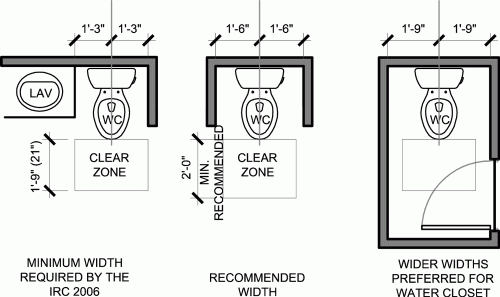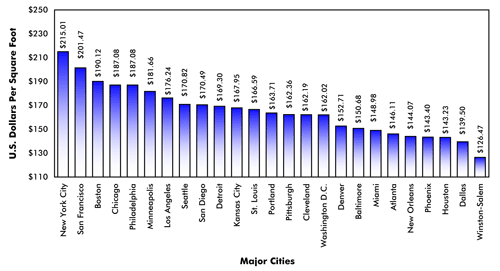With a lot of the design that we do here at EVstudio, we are often asked about Feng Shui and how it may apply to the design of a residential home. For the uninitiated, Feng Shui is an ancient Chinese strategy to align the energies that flow between the heavens and earth. Feng Shui strategies are commonly applied in the fields of architecture and interior design by developing spaces and the objects within the space specifically to channel these energies in order to improve the quality of one’s life. While you can imagine the depth of the superstition that has evolved around these strategies over the millennia, one thing is for certain: Good Feng Shui is good design.
In the same way that North American ancient tribes would build their homes facing south, believing that the sun gods would nurture their lives (when in fact, it’s good solar orientation and the basis of good passive solar design because of the solar angles of the Sun’s path through the sky throughout the year), Feng Shui is a culmination of thousands of years of refined design techniques that truly do result in a better quality of life within the building , regardless the belief systems that got it there.
As a result, we try to learn from the ancients wherever we can and implement these good design strategies into our modern day design. Recently, we were charged with the task of determining the Feng Shui qualities of an existing plan that was found in a plan library on the internet for a client who is very interested in having a home steeped in Feng Shui. Like many other program requirements, this is almost always going to result in the need for changes to an existing plan, or an alltogether new custom design solution that is unique to the client.
In any case, with the help of Elicia here in our Evergreen office we put together a Feng Shui analysis for the plan and below, you can get a sense of the elements that are affected by the energy flow:

The basic idea here is to encourage a positive flow of energy through the home. When people discuss “good flow” in any existing home as they traverse the spaces, one has to wonder how the two terms may be connected linguistically. The reason is because when you experience a space with good Feng Shui, it just feels good. The space does “flow” and the reasons for this are built into the design of the space – whether or not the architect ever intended for it to be good Feng Shui.
Obviously, when good Feng Shui is intended, the results are far less coincidental and to many of us, far more obvious. Volumes have been written about the history, magic and science of Feng Shui and it has even created a career path for consultants to specialize in Feng Shui design. Our approach here at EVstudio is to capture the fundamental understanding of the techniques and strategies, and apply them in the context of the everyday architecture that we create. For those who seek deeper levels of Feng Shui design, we can oblige them as well by applying deeper studies and applying more of the philosophical tenets of the methodology into the architecture.
This is a topic that will warrant much further discussion in future posts, but for now you at least have a taste of how Feng Shui can be applied to Architecture.








2 thoughts on “Feng Shui Elements in Home Design”
Pingback: Interior Design: Creating Spaces for All - EVstudio
Pingback: 10 how to Feng Shui for Interior Design Articles | AWS Magazine
Comments are closed.